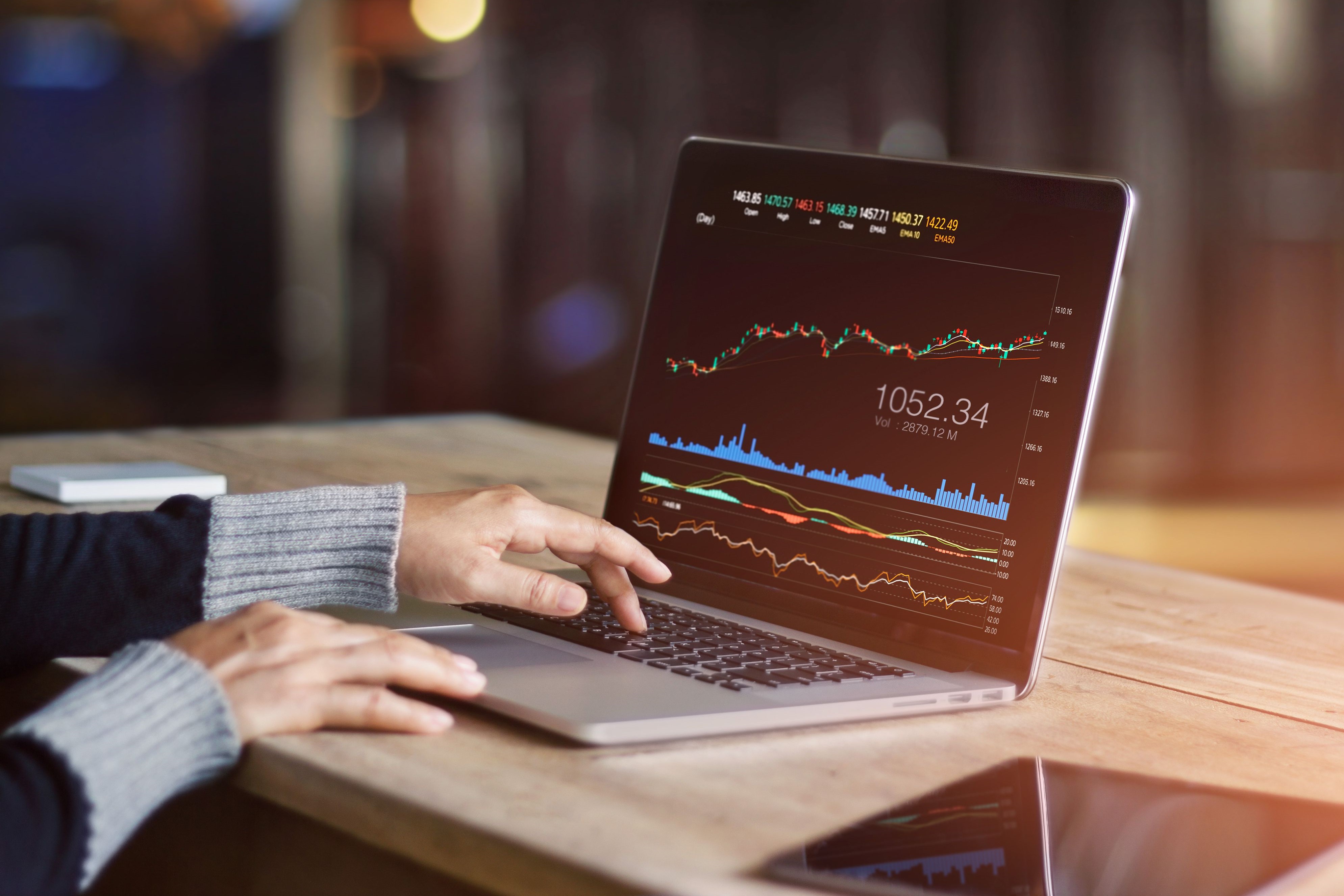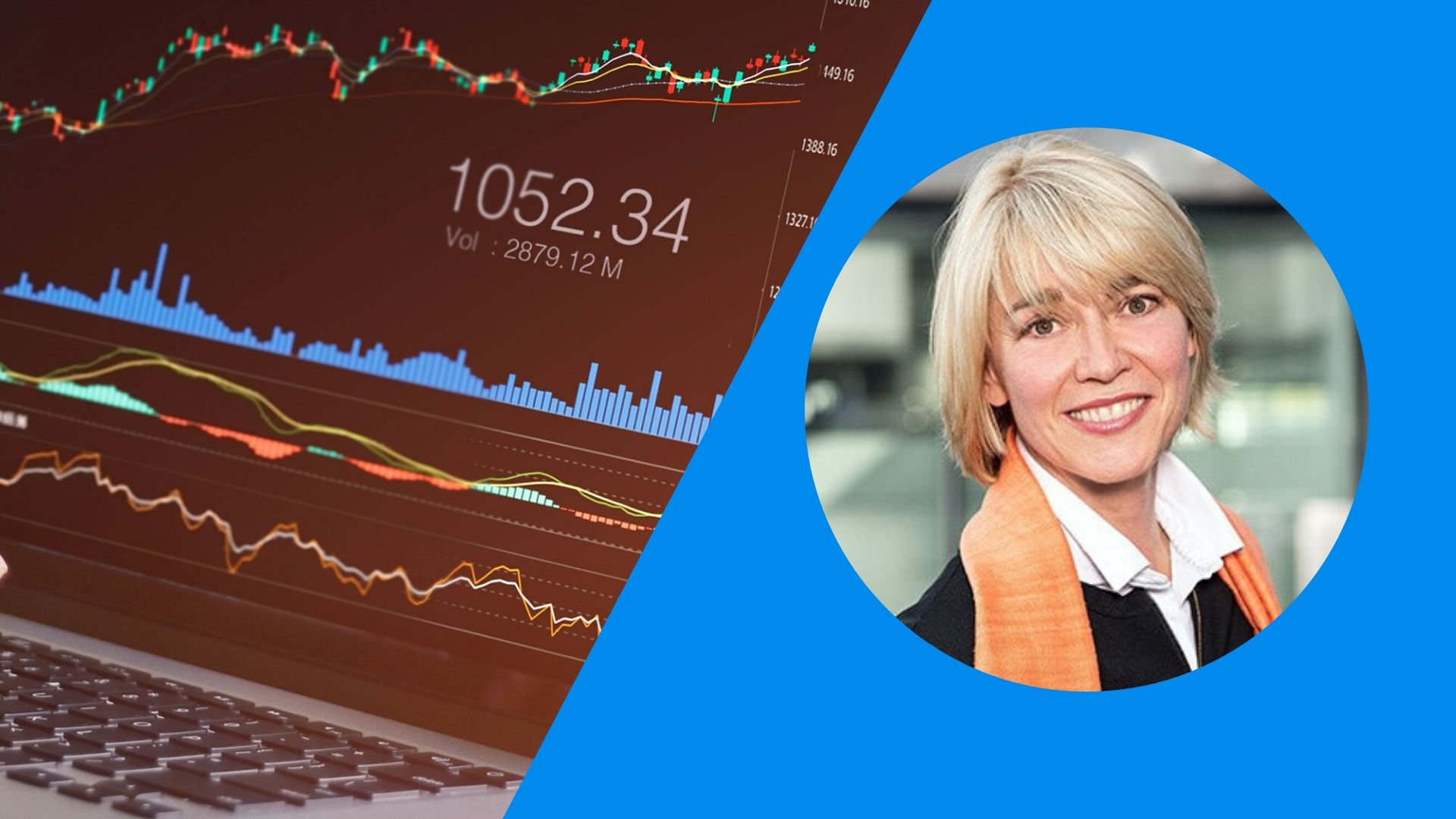Foreign exchange transactions are undergoing tremendous change. Investment advisor Marion Hufschmid reflects on the integral role of FinTechs in this transformation.
In my over 25 years in the industry, I have personally witnessed the impact that technology has had on business. I started my career in foreign exchange (Forex/FX), one of the largest financial markets, with a global daily turnover exceeding US$6.5 trillion. Generally, a foreign exchange transaction involves the conversion of one country’s currency to that of another. This conversion of currency in a foreign exchange transaction can be performed through:
- Buying or selling of goods and services on credit; or
- Borrowing or lending funds.
My small part in this vast market was to look after European companies for a German bank, that were buying and selling currencies to pay for goods and services, or to hedge their offshore earnings.
Back in the Day
When I started, Forex transactions were largely transacted verbally. Corporate treasurers would call into the bank’s FX sales desk to get a price indication in either the spot or forward market. This would be communicated to the trader, who would respond to the salesperson with a price that was valid for only a few seconds. It was fast, there was a lot of yelling and shouting, and it was exciting. If everything went smoothly, and this was not always the case, transactions would be completed in less than 30 seconds.
Forex Nowadays
This manual process obviously had its inefficiencies. Small mistakes made in this stressful environment could have costly consequences. Compliance requirements and the constant drive to slash costs also played a major part.
The process today is done in seconds and in complete silence, apart from the computer beep signaling that a transaction has been completed. Treasurers now type price requests into one of several online trading platforms, which connect companies and various banks. For a set of currencies and up to a certain amount, banks will send prices automatically. On the client-side, the system shows prices ranked from best to worst. The treasurer presses a button to accept the price of his choice and the system sends the details of the transaction, on both sides, into back-office- and payment-systems automatically.
The process has improved considerably through these changes. It has also significantly changed how banks manage their relationship with treasurers. Forex salespeople used to be in daily contact with treasurers and their teams, but with this process being mostly automated, banks may now know less about their clients’ needs and concerns. This paradigm shift means that banks have to rethink how their customer relationships are managed.

Fintech in the Exchange Industry: Symbiosis or Disruption?
In recent years, global investments in financial technology (FinTech) have boosted, totaling more than 24 billion in 2016. The “Fintech Revolution” is said to have had a disruptive effect on the financial intermediation industry, making finance more cost-efficient, consumer-friendly and transparent. It has also helped people leverage their investments and revenues online – all without any advice from a physical forex broker or a centralized system.
At the same time, unexplored sources of risks have arisen, especially from the cyber environment on which the blockchain is shaped for exploring their multiple business lines.
Symbiosis Between Banks and FinTech is Possible
Over a year ago, I started representing Opportunity Network, a business matchmaking platform, which allows investors, CEOs and decision-makers to connect with each other in a trusted environment. They connect to opportunities that often lead to an FX transaction. A cornerstone and one of the building blocks of this network is cooperation with banks, who first vet clients before inviting them on to the platform. Trust and integrity are the foundation of the network.
There are several things that I find exciting about Opportunity Network. One is that the platform is not disrupting, in that it does not replace or take away from existing relations. Through technology, something is added to all involved. It delivers easy access to a global network and enhances and deepens connections. It also assists banks, that are inviting their clients onto the platform, to engage with them on a deeper and broader level and can guarantee security if they decide to further pursue the transaction. This strengthens their relationships.
Just as professor Manuela Geranio affirms in her research work, FinTech has huge potential to rewrite many processes in the financial markets like FX transactions, but regulatory issues should be the main focus. There is a need for coordination between market players, FinTechs and regulators to guarantee the security and adequate process of these operations.
I think that we are currently undergoing a revolution in the way business relationships are managed. Just as what I witnessed in the FX business, I believe a similar transformation is taking place and that symbiotic Fintechs such as Opportunity Network are set to be part of this in a significant way.

Marion Hufschmid
Global Strategic Capital, Partner, Relationship Management Opportunity Network, Country Director Switzerland & Austria
Investment Banking Executive with over 20 years of experience in the finance industry. Competent in building businesses from scratch in multicultural environments. Her product knowledge covers FX, MM, Interest Rate Derivatives, Fixed Income and Structured Products.




